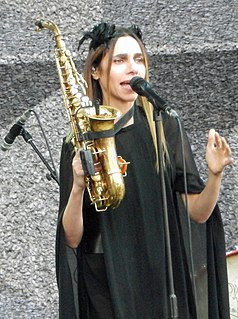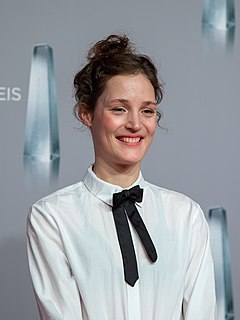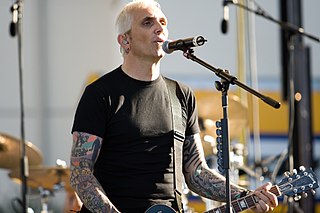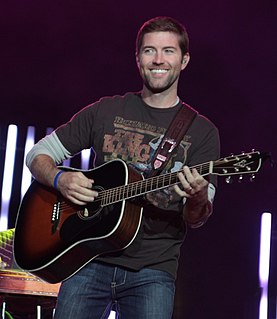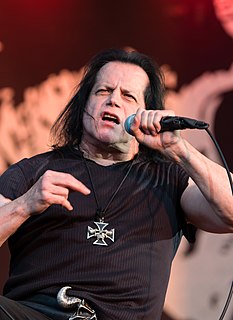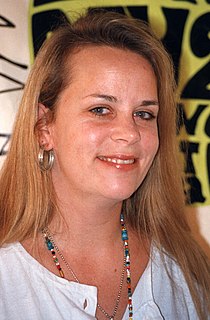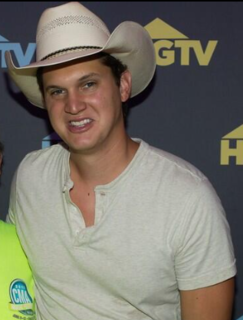A Quote by Chris Cornell
You sometimes get the feeling that people think getting back together after a hiatus to write and record a record is work, you know, arduous and unpleasant. Being able to write and record - that's a privilege. I don't forget the long days I spent working in a restaurant, when I wanted to be done so I could go home and work on a song.
Related Quotes
At 13 years old, I realized I could start my own band. I could write my own song, I could record my own record. I could start my own label. I could release my own record. I could book my own shows. I could write and publish my own fanzine. I could silk-screen my own T-shirt. I could do this all myself.
I always try to write a song, I never just want to write a record. Originally I was not writing songs for myself. ....And I can say this, most of the people who have recorded my songs are songwriters themselves. ... Even if I don't release it myself, somebody else might hear it and want to record it. When you write a song, it gives it that potential. When you write a song, a song has longevity. ... So I wanted to sing inspirational music, and that's exactly how I approached it-only the words have been changed to declare my relationship with God. Songwriting is my gift from God.
I don't think that much anymore in terms of 'write a record, record a record, tour a record,' because in my own mind, things have changed, in that I'm just an ongoing artist. I'm not quite sure what the next project needs to be until it presents himself, and then I know. I just follow dutifully while I'm being led.
I stood in front of a mountain and was overwhelmed by the beauty and energy; I had goosebumps. I thought, if I could record this feeling, go back home and pour it out again so other people can have that feeling, this I would want to be my work. I knew it was acting - I wanted to be like a messenger or medium.
I feel like the live record thing is something that I've been getting used to as the years go by and with this being my second one, I'm continuing to learn what works and what doesn't work. A live record is an example of that authenticity and that realness that you find in imperfection and you can hear that in this record.
I think when you're 17 and you're angry, you're angry about very short-term things. And there's nothing wrong about writing that record. It's a very real record to write; it's the realest record I could write when I was 17. The problem is, when you're 28, it's not the same thing; it can be a put-on.
Al Gore wanted to tell people what they could listen to and what they couldn't, what they could record. It was basically coming down to the idea that he wouldn't let anybody record any music that he didn't think you should be doing. There was going to be an organization that would tell you what you could and couldn't record.
What people generally tell you is, "We'll all agree," and then once you sign, they expect to get their own way. I think it was a bit of a surprise that I was still very headstrong even after signing. I wasn't so happy to get a deal that I would agree to anything. In fact, I disagreed on most things and got my way on most things, which I think was to all of our benefit. But they wanted the record to come out, and I wanted the record to come out, so we had to work together.




